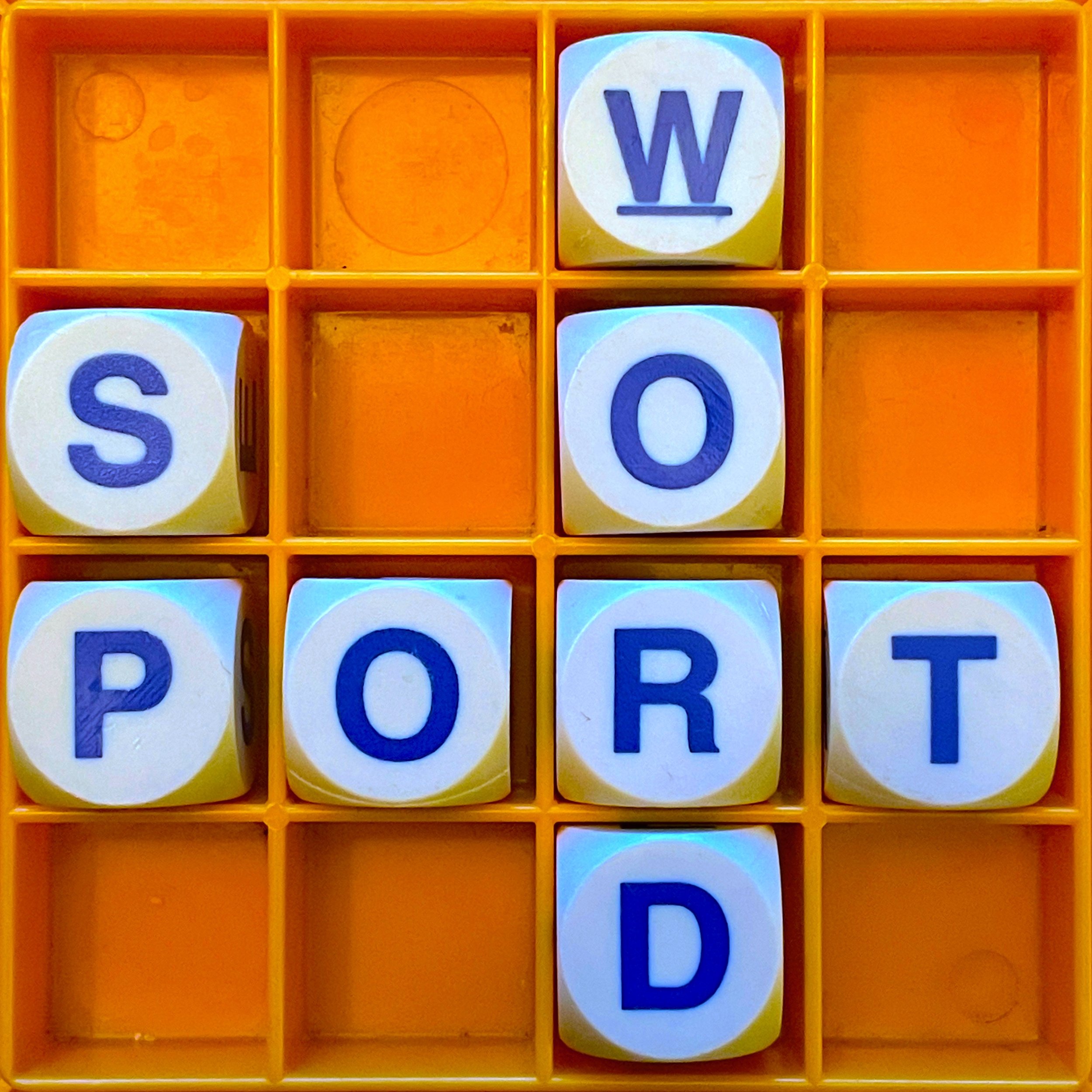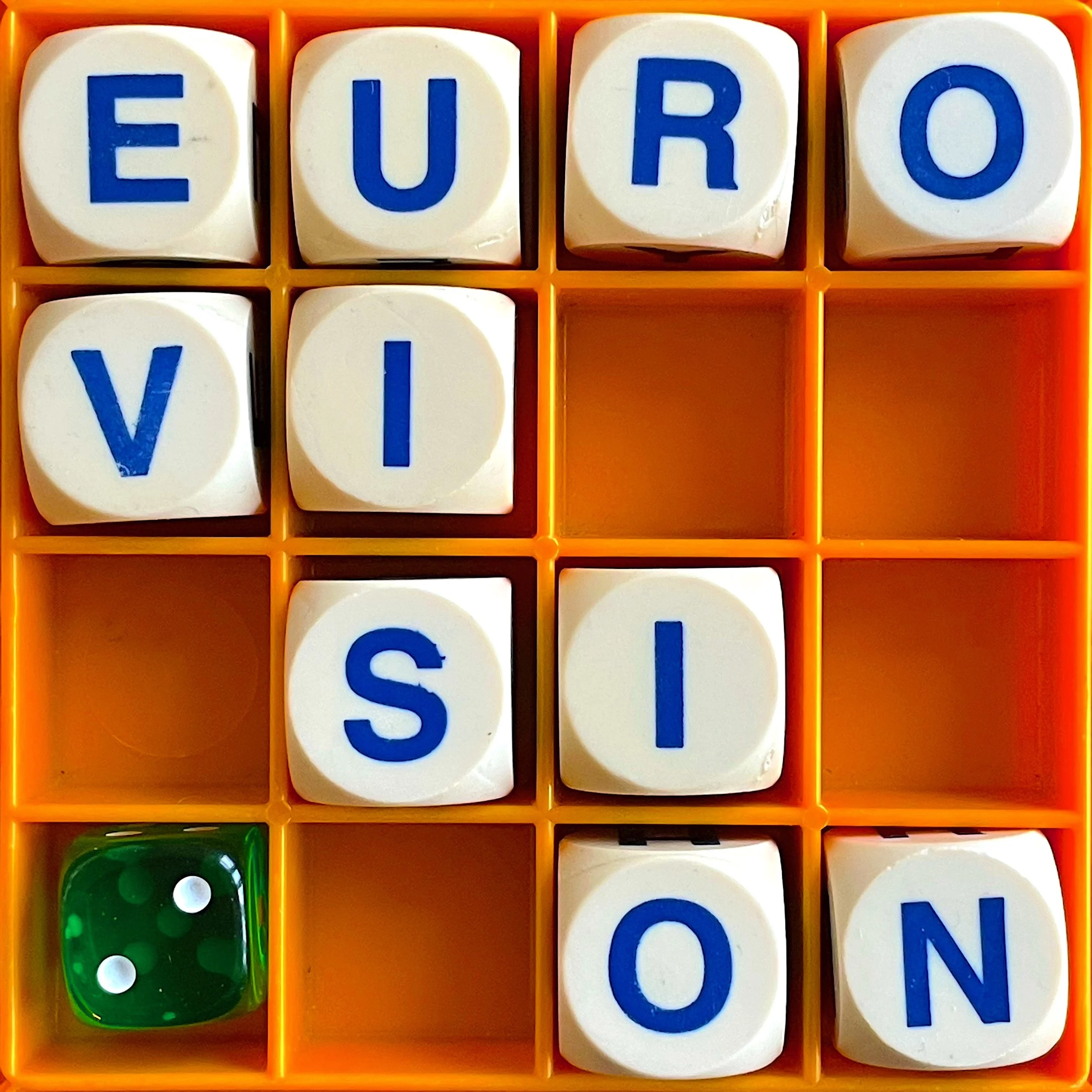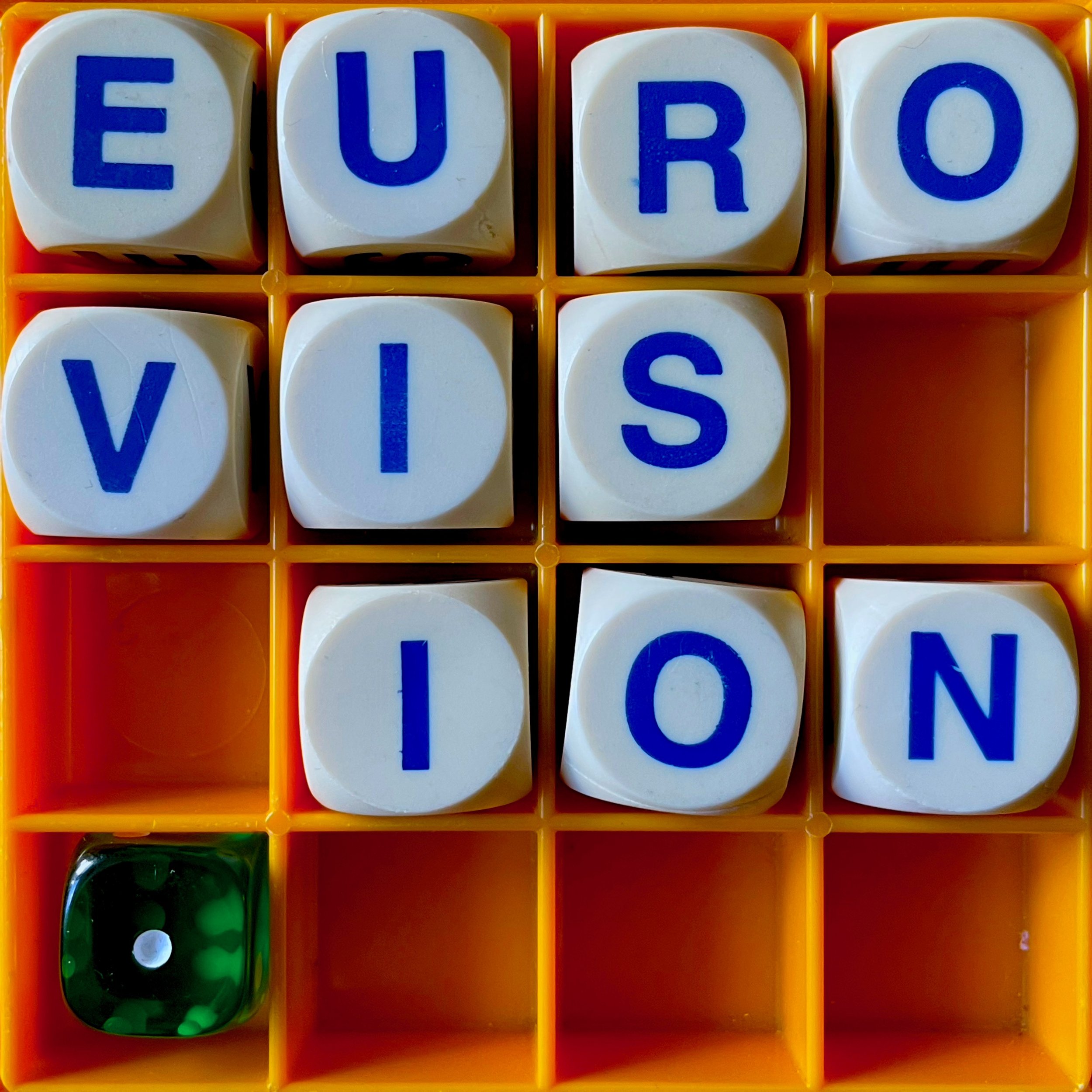At the Scripps National Spelling Bee, behind the spectacle of kids vying to be champion spellers, a whole lot of work goes on to make words into this word sport.
Read moreAllusionist 196. Word Play 6: Beeing
I went to the 2024 Scripps National Spelling Bee, to marvel at kids spelling words I had mostly never even heard of. But when you’re at Bee Week, the competitive spelling is merely the tip of the icebee.
Read moreAllusionist 175. Eurovision part 2
Oh, you thought the Eurovision Song Contest was about songs? Or a fun international TV event that brings people together in lots of different countries? Or watching extremely vigorous dance numbers? OK, it is, but it's also about some pretty thorny language-related politics. Historian Dean Vuletic, author of Postwar Europe and the Eurovision Song Contest, discusses Eurovision's many linguistic controversies, and the ways the contest has been exploited politically - and caused political kick-offs too.
Read moreAllusionist 174. Eurovision part 1
There aren't many multilingual, multinational television shows that have been running for nearly seven decades. But what makes the Eurovision Song Contest so special to me is not the music, or the dancing, or the costumes that range from spangletastic to tear-off: no, it's the people butting heads about language. Historian Dean Vuletic, author of Postwar Europe and the Eurovision Song Contest, recounts the many changes in Eurovision's language rules, and its language hopes and dreams.
Read moreAllusionist 159. Bufflusionist
Grab your stake and crucifix pendant, we're going vampire-hunting! Well, vampire-etymology-hunting. The podcast Buffering the Vampire Slayer, which recaps the TV show Buffy the Vampire Slayer episode by episode, invited me to answer their listeners' questions of language that the show had provoked. Together with BVTS hosts Kristin Russo and Jenny Owen Youngs, I tackle the etymology of coven, vampire/vampyre, wigging out, the name Buffy and Bovril; as well as google as a verb, conlang on TV, and why Latin is so often the language of spells and spookiness.
Read moreAllusionist 109. East West
On 9 November 1989, the demolition of the Berlin Wall began. Within a year, Germany was unified. East Germany dissolved and was incorporated into the Federal Republic of Germany, took on its currency and its rules - and its lexicon. What was that vocabulary, and where did it go?
Read moreAllusionist 95. Verisimilitude
When you’re watching a fantasy or science fiction show, and the characters are speaking a language that does not exist in this world but sounds like it could - that doesn’t happen by accident, or improvisation. A lot - a LOT! - of work goes into inventing new languages that sound real. Conlanger David Peterson talks about how he created languages for HBO’s Game of Thrones.
Read moreAllusionist 80. Warm Front
Today will be fine.
But wait: fine as in 'OK', fine as in 'really rather good', or fine as in 'no precipitation'? When you're a TV weather forecaster, you have to deal with the mismatch of your specialist vocabulary with that of the meteorological laypeople watching - as well as cover all the weather across a whole country, translate conditions into something the viewer can identify with, and warn people about cyclones without making them too panicked. (Or not panicked enough - do take sensible cyclone precautions, people!)
Nate Byrne, who presents the weather for the Australian Broadcasting Corporation's News Breakfast, breezes in to shower us with meteorological knowledge.
Read moreAllusionist 73. Supername!
Up in the sky: look! It's an adjective! It's a noun! It's...Adjectivenoun!
Your friendly neighbourhood superheroes might have thrilling and varied powers and spandex garments, but the way their names are concocted have followed only a handful of formulae in the past 80 years, since Superman sent superheroes soaring.
(Yes, alliteration is one such naming formula.)
Glen Weldon of Pop Culture Happy Hour traces the supername's development from Adjective+Gender through Colour+Noun to Normal Name and Lone Noun.
Read moreAllusionist 19: Architecting About Dance
iTUNES • RSS • MP3
“Talking about music is like dancing about architecture” is a problematic statement: not just because nobody can agree on who came up with it, but because dancing about architecture doesn’t seem particularly far-fetched. Talking about dance, however - that's really difficult. How do you put a wordless form of communication into words?
Audio describer Alice Sanders and choreographer Steven Hoggett take the issue for a twirl.
READING ABOUT DANCE IS LIKE READING ABOUT ARCHITECTURE:
If you want to find out more about "[doing a thing] about [a thing] is like [doing a different thing] about [another thing]" adages, take a look here and here.
Further werewolf reading-matter: find out about Old English wolf-words; read this plea for feminist werewolves/wifwolves; and this, apparently, is The Problem with Female Werewolves (too hairy for this bikini-waxed world?).
You want to learn Labanotation? Don't let me stop you.
You want to learn about the Step Up series of films? Don't let me stop you.
Steven Hoggett talks more about how he goes about his work, here and here.
Here is the transcript of this episode.
RANDOMLY SELECTED WORD FROM THE DICTIONARY:
poetaster
CREDITS:
Alice Sanders writes very funny articles and blogs. Find her at twitter.com/wernerspenguin.
Steven Hoggett is working on exciting forthcoming projects including the stage adaptation of Disney's Pinocchio, AND the Harry Potter play. You'll have to wait a little while for those; but his Burt Bacharach show, Close To You, is about to open at London's Criterion Theatre. The Curious Incident of the Dog In The Night-Time is on in the UK and on Broadway, and Once seems to be all over the place.
The non-speech noises in this episode were:
Allusionist Theme by Martin Austwick
The Nutcracker, Swan Lake and Sleeping Beauty by Tchaikovsky
A snippet of the film version of A Chorus Line
Cinderella by Prokofiev
This episode was produced by me, Helen Zaltzman. Thanks to Eleanor McDowall and Miranda Sawyer.
Dance along to facebook.com/allusionistshow, twitter.com/allusionistshow and twitter.com/helenzaltzman.










